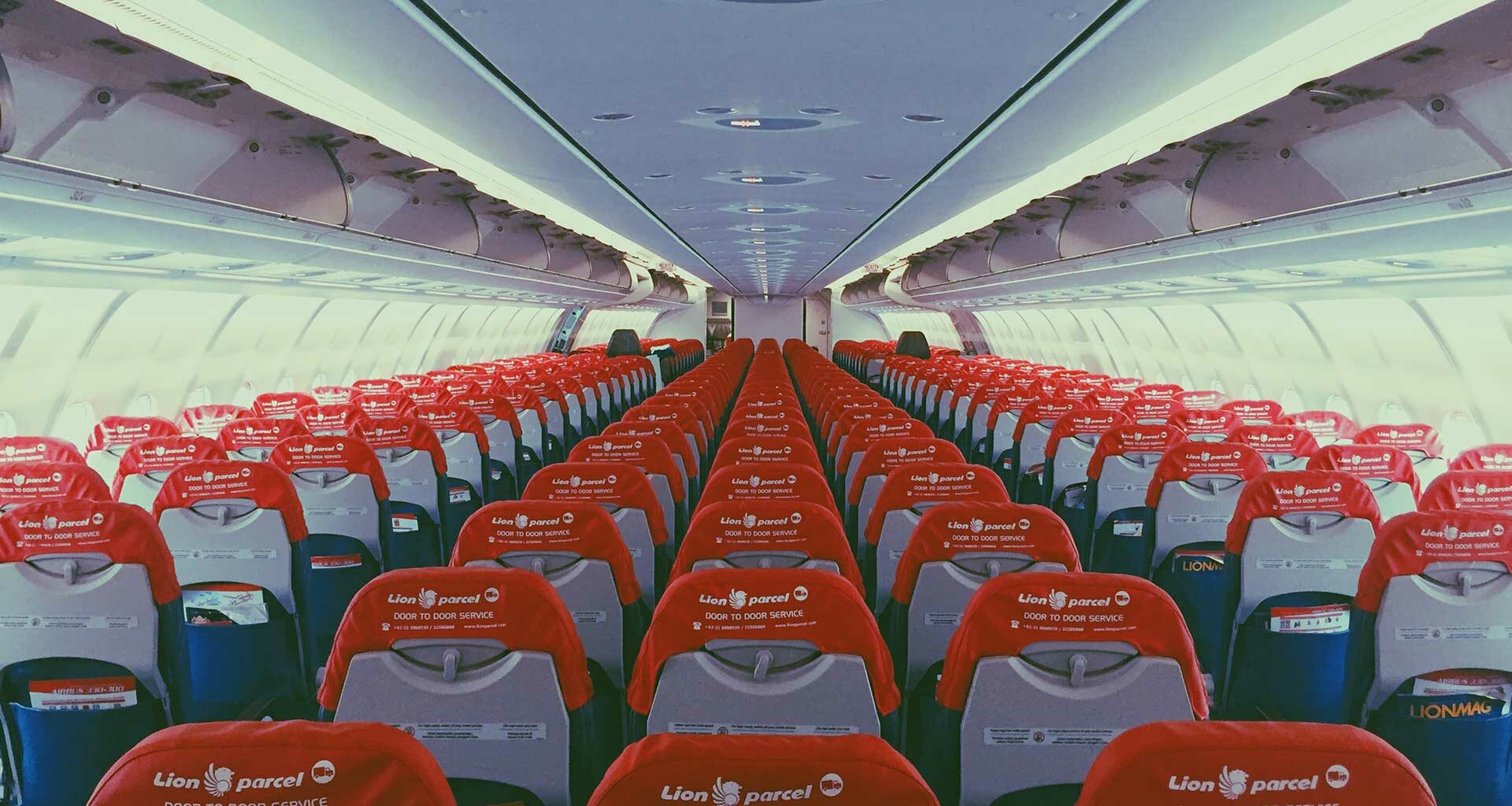Editor’s Note: Robert Passikoff, in addition to being a good friend of TheCustomer, is something of a sage in matters of brand affinity and the history thereof. His take – and advice – on how brands need to manage through the current coronavirus crisis is much-needed perspective right now.
Yes, the Covid-19 pandemic is bad. Yes, this affects everybody and every brand. Yes, social distancing, cancelled events, and closed Apple and Starbucks stores are a source of discomfort, isolation, and inconvenience. And, yes, there’s likely a recession on the horizon. But no, this is not the time to stop supporting your brand.
By Robert Passikoff
How do we know? Well, contrary to what my sons might suggest, I was not around for the 1918 Spanish Flu pandemic. Brand Keys was, however, conducting research and consulting for brands, during other epidemics – both viral and economic. So, we know that memory and history confirm that brands that continued to advertise during crises fared better than brands that cut their marketing budgets.
Following the 1973 year-and-a-half energy-crisis, automotive brands that resisted the temptation to cut budgets and let their brand shelter-in-place, increased advertising and marketing efforts and found themselves sales leaders by branding to the adage, “When times are good, you should advertise. When times are bad, you must advertise.” But. .
In 1991 the shock of immense oil price increases led to a loss of jobs and for some brands a loss of confidence in the economy and the effects of advertising. Brands that cut advertising saw sales decrease by 25+ percent. Brands that increased advertising saw better-than-comparable sales increases in the +40% to 60% range. But. . .
The SARS crisis (Severe Acute Respiratory Syndrome) in 2002 and 2003 cost the world economy $40 billion. The disease infected the global economy related to business and leisure travelers dramatically. Tourism and entertainment – even the cosmetic category – took a beating. Companies that supported their brands saw sales increases of 28% to 35%. But. . .
One last marketing-history episode. In the aftermath of the financial collapse of 2008 and the massive recession that followed, overall brand support dropped nearly 15%. Brands that increased their brand efforts saw sales grow upwards of 30%. But. . .
Emotions Take Lead in Decision Making
Those “buts” mean that in addition to continuing to promote their brands, successful brands recognized – by planning or providence – that not only had the marketplace changed, consumers had changed dramatically. The pandemic has changed consumers’ world-views and brand views. Their decision processes – more emotional than rational before this epidemic struck – now show that emotions run higher than ever and are likely to continue to do so. Views and values consumers use to assess brands are wildly different than they were just four months ago. That’s the bad news from the world of brands.
The good news is, brands that are able to meet consumer expectations and resonate with the values consumers actually revere will see long-term boosts in consumer engagement, loyalty, sales, market share, and profits. That means brands need to adapt. That means brands need to identify new strategies to accommodate a vastly changed marketplace. That’s marketing history too.
What’s also part of marketing history is that real engagement and loyalty metrics – psychological inquiry and higher-order statistical analyses – identify emotional and rational aspects of real consumer decision-making as they exist now. Part of our very recent history: the COVID-19 pandemic has already changed consumer views, values, and behaviors towards brands.
It was playwright George Bernard Shaw who noted, “If history repeats itself, and the unexpected always happens, how incapable must Man be of learning from experience.” But it was marketer Sam Walton, when asked about a coming recession responded, “I thought about it and decided not to participate.”
Be well, be safe, keep calm.
And continue to support your brand.

Robert Passikoff is Founder & CEO of Brand Keys. He has received several awards for research innovation including the prestigious Gold Ogilvy Award and is the author of 3 marketing and branding books including the best-seller, Predicting Market Success.
Photo by Reza Aulia on Unsplash.












